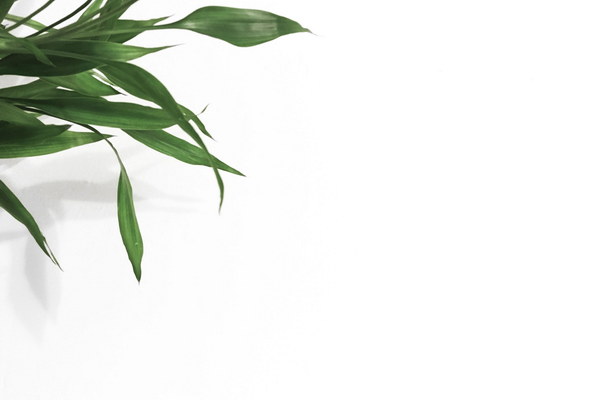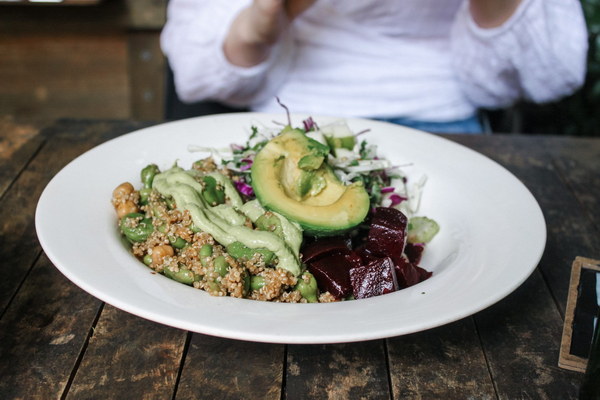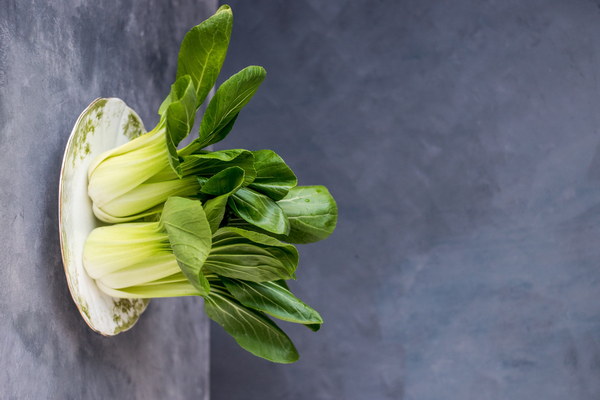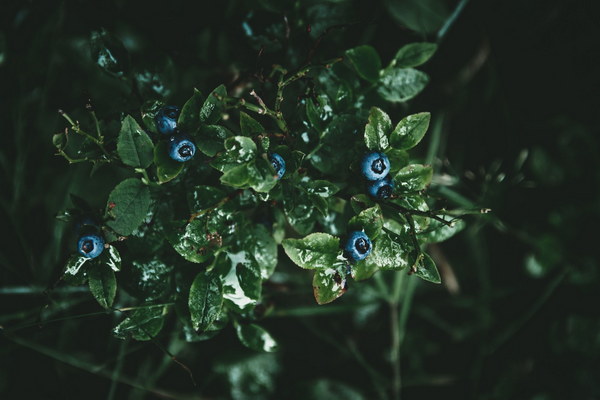A Comparative Study of Dampness-Relieving Effects Traditional Herbs vs Modern Medications
In the pursuit of health and wellness, the elimination of dampness has long been a key concern in both traditional Chinese medicine and modern medicine. Dampness, according to these medical systems, refers to an excess of dampness in the body that can lead to various health issues such as fatigue, weight gain, and joint pain. This article aims to provide a comprehensive comparison of the dampness-relieving effects between traditional herbs and modern medications, highlighting the differences in their mechanisms of action, efficacy, and potential side effects.
Traditional Herbs:
Traditional Chinese medicine has a long-standing history of using herbs to treat dampness-related conditions. Some of the most commonly used herbs include:
1. Astragalus (Astragalus membranaceus): Known for its immune-boosting properties, astragalus is believed to help expel dampness from the body.
2. Poria (Poria cocos): Poria is a fungus commonly used in Chinese medicine to drain dampness and improve urination.
3. Licorice root (Glycyrrhiza uralensis): Licorice root is used to harmonize the body's yin and yang, and is thought to help relieve dampness by balancing the body's fluids.
4. Cinnamon bark (Cinnamomum cassia): Cinnamon bark is believed to have warming properties that can help expel dampness from the body.
Mechanism of Action:
The dampness-relieving effects of traditional herbs are primarily attributed to their ability to regulate the body's fluids and enhance the function of the kidneys and spleen. By promoting the excretion of excess fluid through urine, these herbs help reduce dampness in the body.
Efficacy:
Clinical studies have shown that traditional herbs can be effective in treating dampness-related conditions. For example, a study published in the Journal of Ethnopharmacology found that astragalus supplementation improved the symptoms of chronic fatigue syndrome, a condition often associated with dampness.
Potential Side Effects:
While traditional herbs are generally considered safe, some individuals may experience side effects such as gastrointestinal discomfort, headache, or allergic reactions. It is important to consult with a healthcare professional before starting any herbal treatment.
Modern Medications:

Modern medicine also offers various medications for dampness-related conditions. Some of the commonly used medications include:
1. Diuretics: Diuretics are drugs that increase urine production, helping to reduce excess fluid in the body and alleviate dampness.
2. Anti-inflammatory drugs: Anti-inflammatory medications, such as nonsteroidal anti-inflammatory drugs (NSAIDs), can help reduce joint pain and inflammation associated with dampness.
3. Immune modulators: Certain medications, such as interleukin-2, can help regulate the immune system and improve overall health.
Mechanism of Action:
The dampness-relieving effects of modern medications are primarily achieved by directly targeting the symptoms associated with dampness. Diuretics work by increasing urine production, while anti-inflammatory drugs reduce inflammation and pain.
Efficacy:
Modern medications have been widely studied and have proven to be effective in treating dampness-related conditions. For example, a study published in the Journal of the American Medical Association found that diuretics were effective in reducing the symptoms of heart failure, a condition often associated with dampness.
Potential Side Effects:
Modern medications may cause side effects such as dehydration, electrolyte imbalances, gastrointestinal issues, and increased risk of kidney damage. It is important to follow the prescribed dosage and consult with a healthcare professional to minimize these risks.
Conclusion:
In conclusion, both traditional herbs and modern medications offer effective solutions for dampness-related conditions. Traditional herbs, such as astragalus, poria, licorice root, and cinnamon bark, work by regulating the body's fluids and enhancing the function of vital organs. Modern medications, such as diuretics, anti-inflammatory drugs, and immune modulators, directly target the symptoms of dampness. While both approaches have their advantages and potential side effects, it is important for individuals to consult with healthcare professionals to determine the most suitable treatment for their specific needs.









